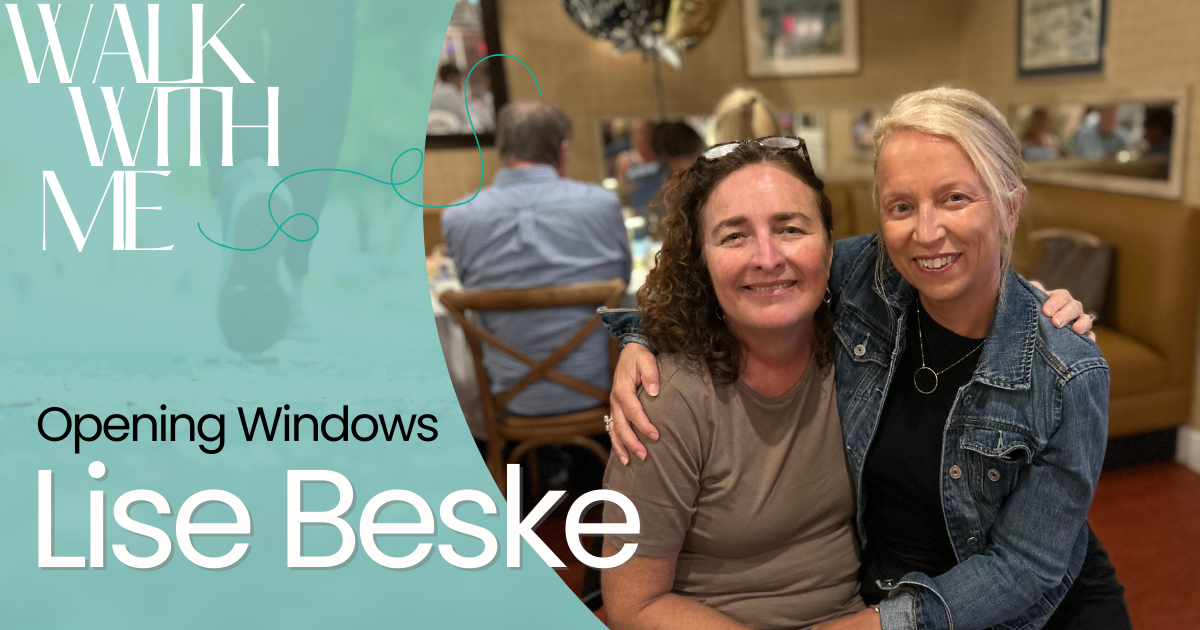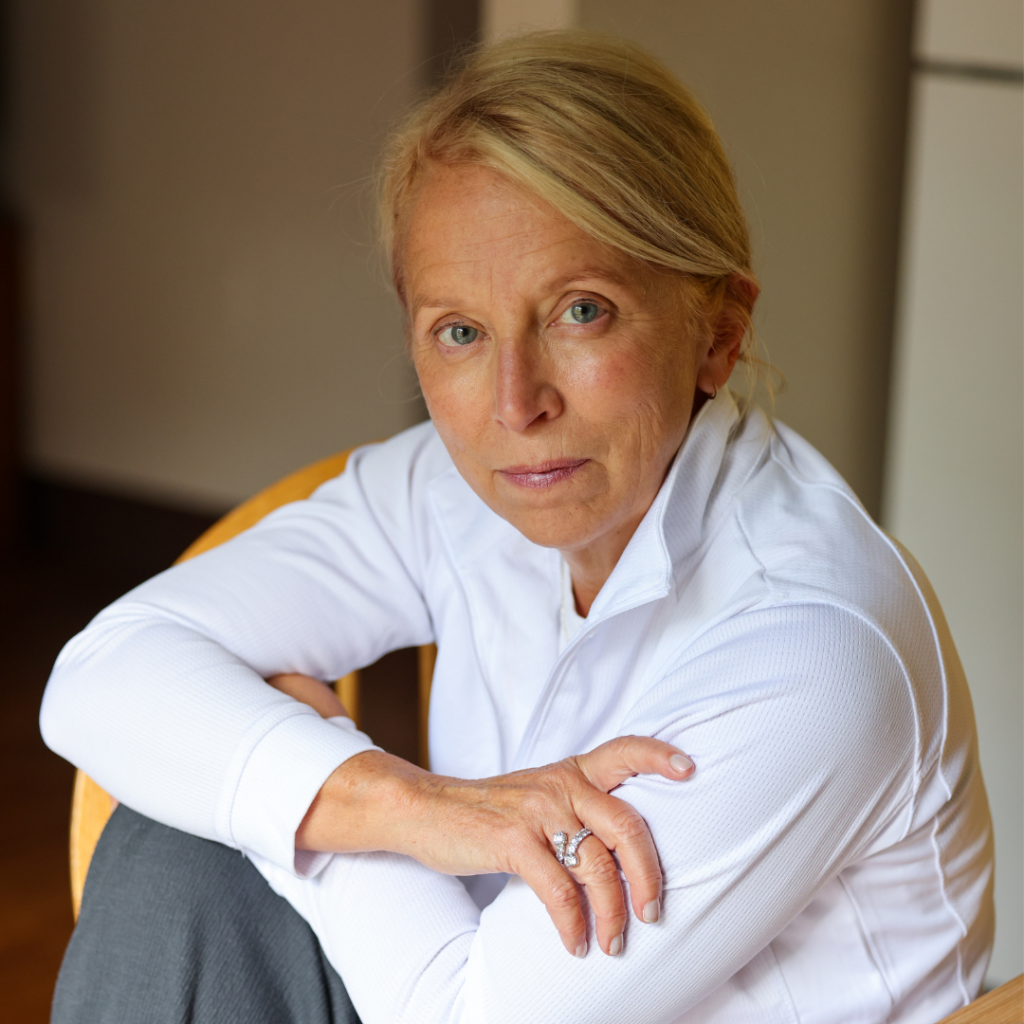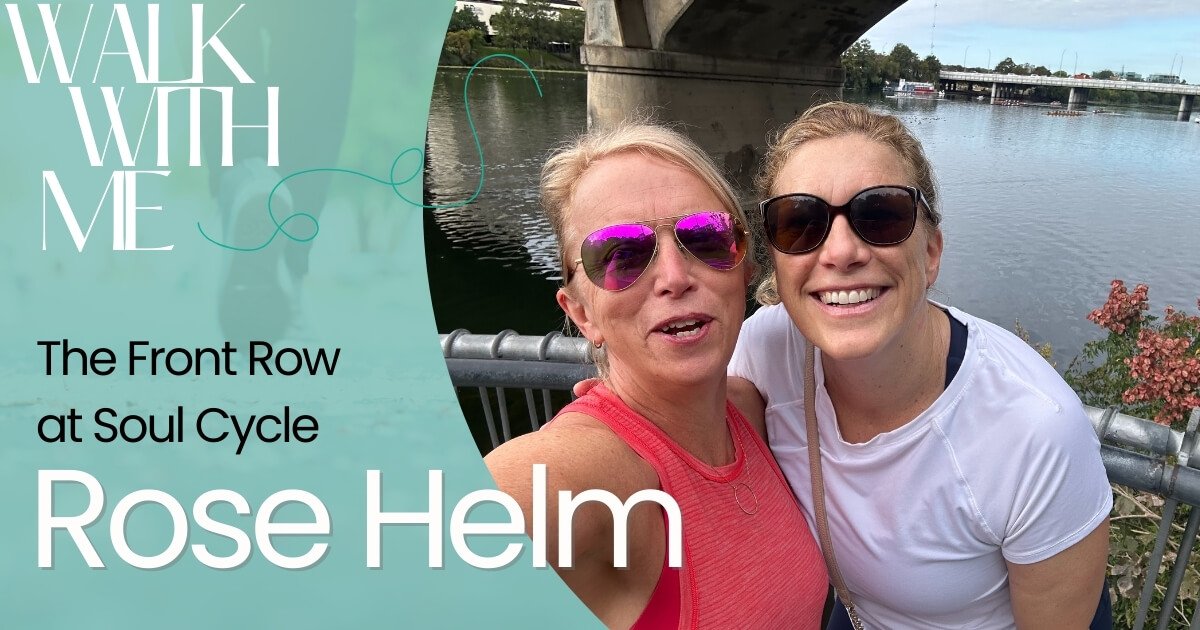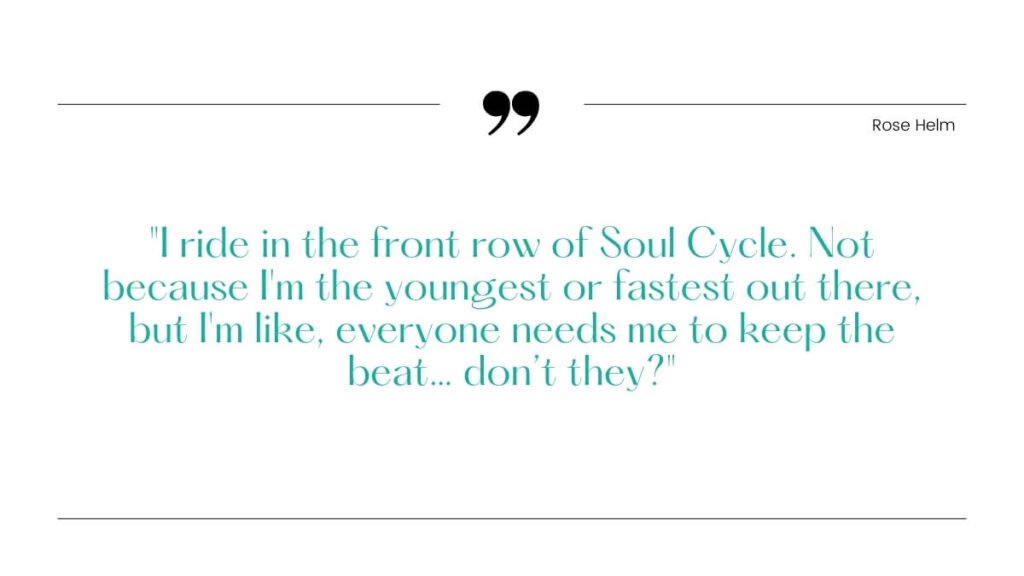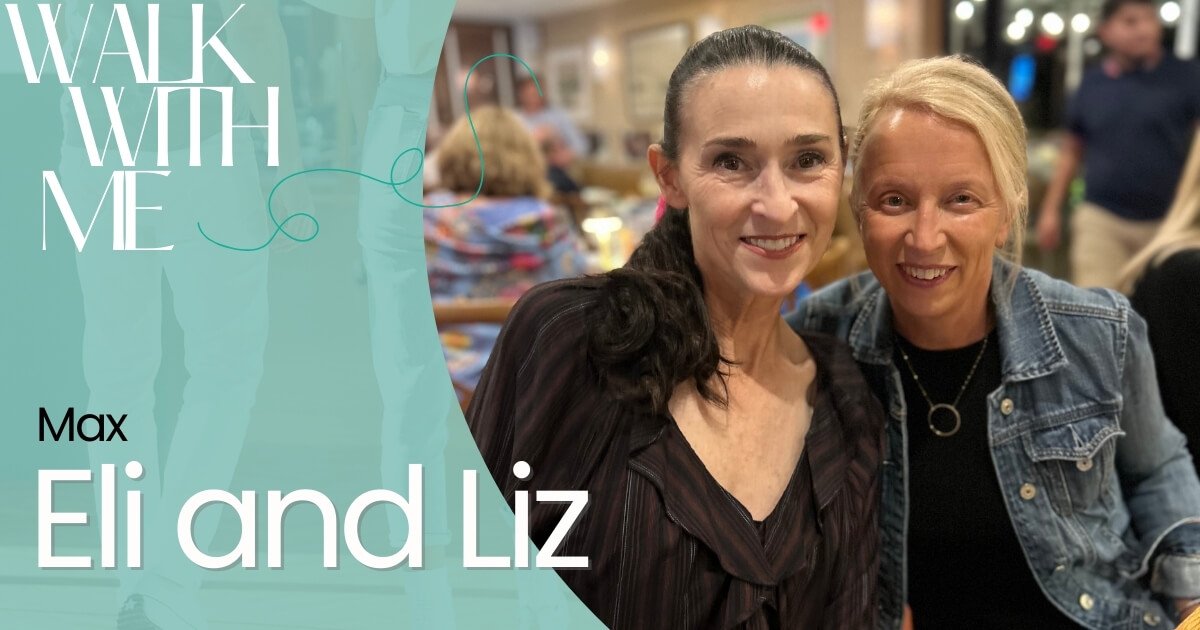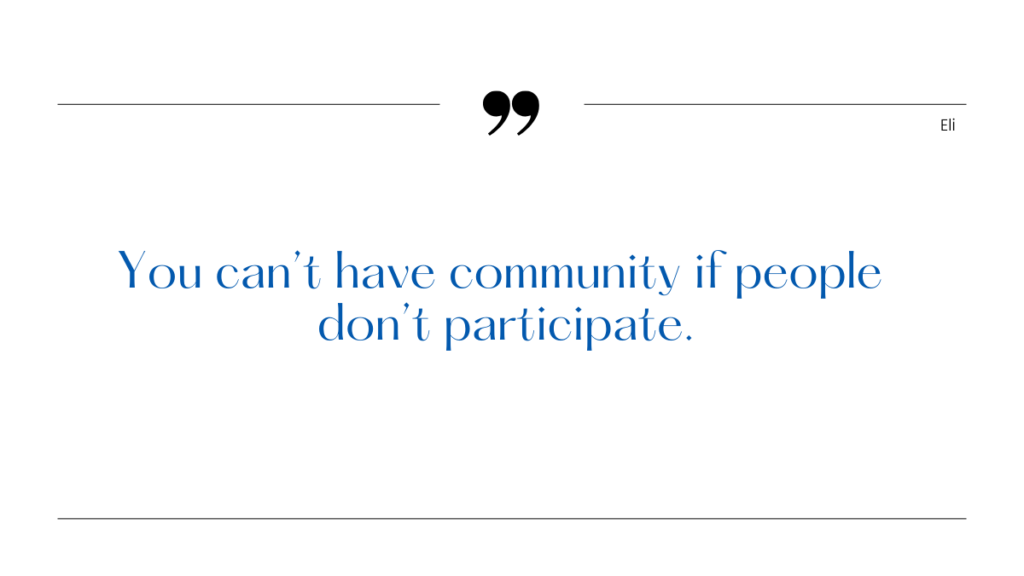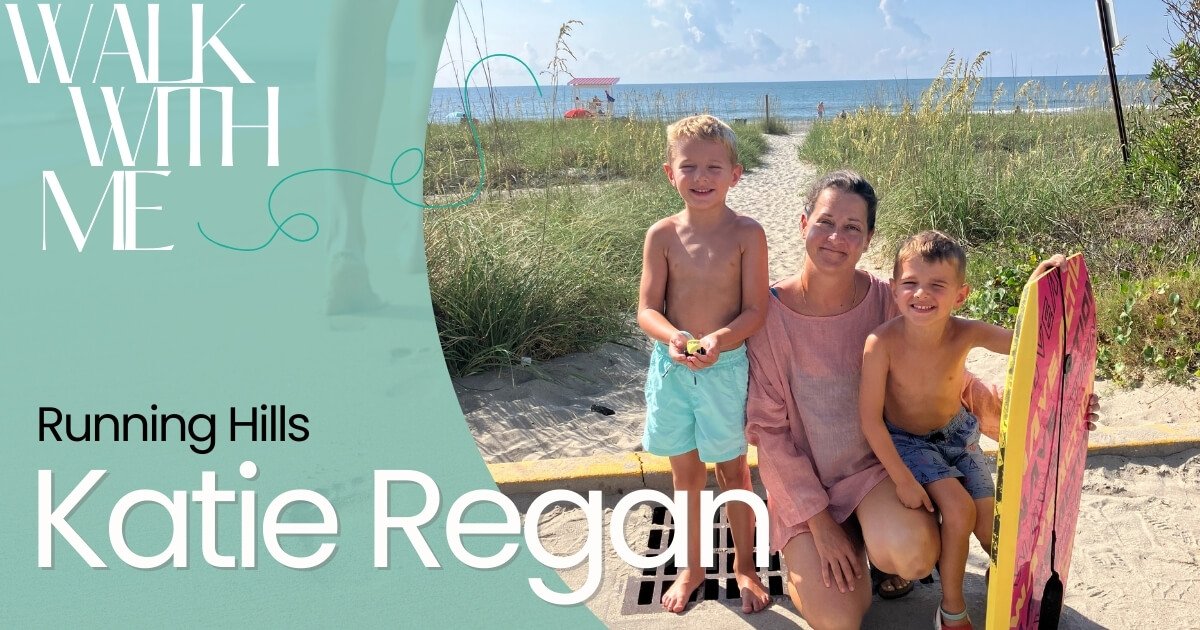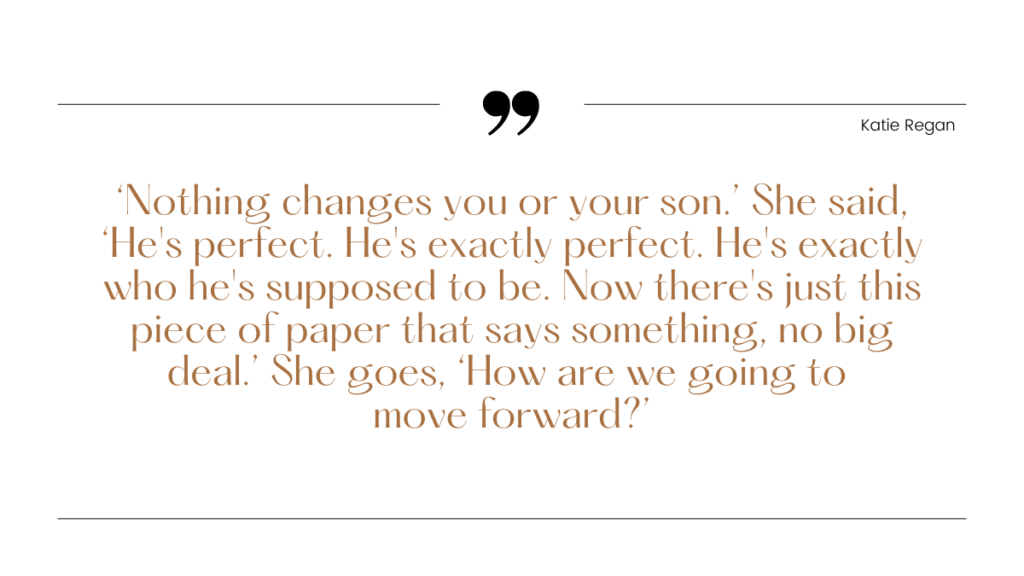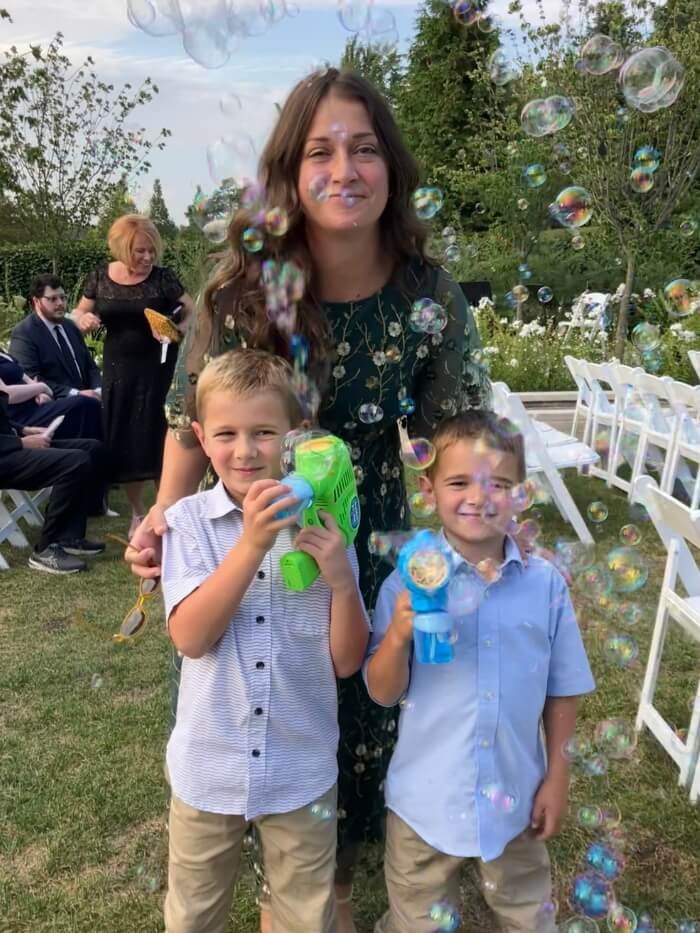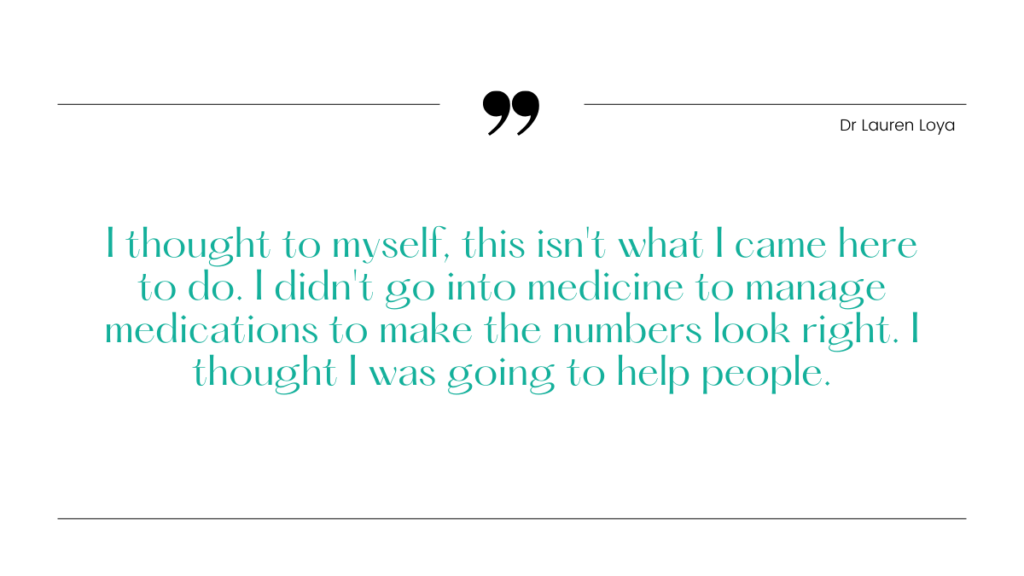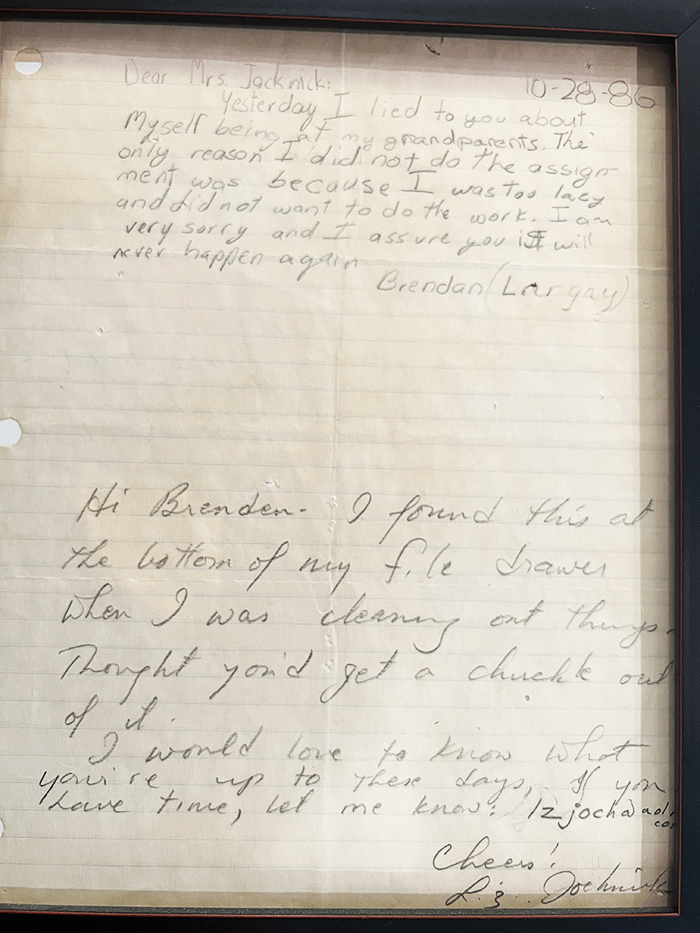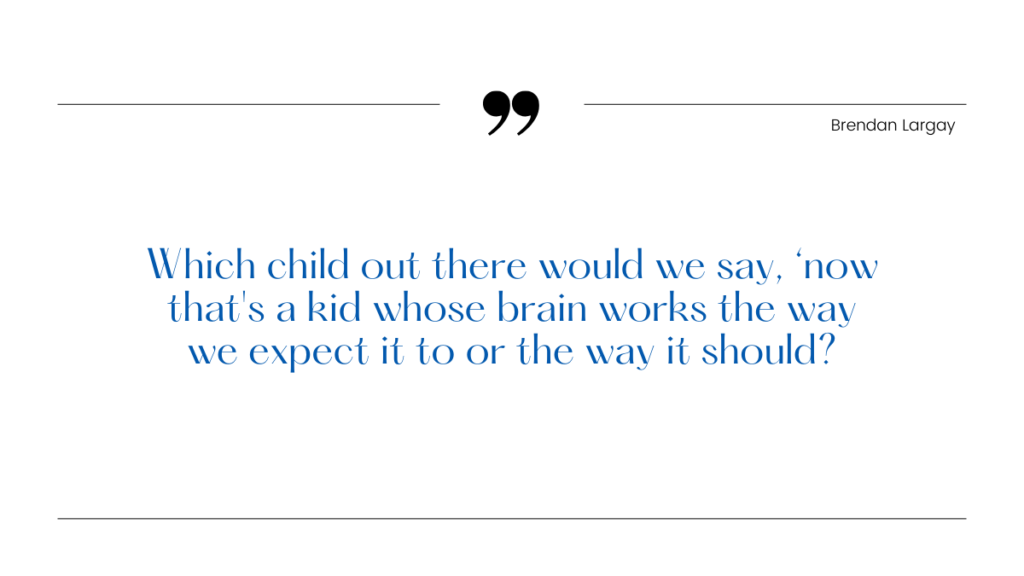Lise: It was my first semester of Law School. I sat in the back. I had all the papers briefed. Every case was briefed and color coded. The professor called on me and I quite literally lost control of the English language. There was what felt like a minute long pause and I said, ‘Sir, I’d be grasping at straws.’ And I sat there quietly sobbing for the rest of class in the back of the room, looking at the hundreds of people in front of me.
I walked across the street after that… called my mom in Hawaii… waking her up of course… and told her that I did not belong in law school.
Elizabeth Beske, Lise as I know her, graduated number one in her law class. Indeed, she earned the equivalent of straight A’s at Columbia Law School. This unassuming, brilliant woman with whom I shared a quad in Spelman Hall at Princeton University walks along the beach next to me recounting a memory of imposter syndrome, the thread of which is woven into so many lives.
Lise: That (the straight A’s) was actually terrifying… because then I thought, ‘Oh my God, I can’t blow it.’ With every day that passed I wondered, ‘What’s going to happen when they find out that I don’t deserve this? And the other shoe drops?’ I guess that’s imposter syndrome. Right?
I once heard it said that we need to face the dragon – invite him to tea. I have personified worry and invited the beast to sit at my table and share tea. I see the dragon’s large form through the steam of his tea and I talk to him and reason out the worry. I think through the outcomes and see how each one might turn out ok. Sometimes I have to invite him to tea on many occasions, but eventually he has no fiery breath or he turns and walks out or simply evaporates. Lise didn’t metaphorically invite the dragon to tea, she literally “forced herself” to take a seat at the table in another one of her professor’s classes.
Lise: In my third year of law school, I forced myself to take his administrative law class because I kind of needed to confront my demons. And you know, I got a great grade in his class. And I actually forced myself to put my hand up and get called on … all those things. I even forced myself to ask him for a recommendation to clerk for the Supreme Court.
The justice for whom she clerked – Justice Sandra Day O’Connor. Indeed, Lise was once picked up and twirled around by the judge for a dissent she authored that was so effective it moved members of the majority over to Justice O’Connor’s way of thinking.
There is a pattern in our conversation. With each new topic…first leadership then motherhood…Lise’s starting point is reserved, humble, self-effacing. It would be easy to miss the richness of her influence and the breadth of her impact if one didn’t press her to say more. How is it that this Editor of the Columbia Law Review doesn’t see herself as a leader? How could she harbor any self doubt? What happens to us to make us feel like an imposter? As children we are curious, courageous, and creative…skinned knees, banged-up elbows, knotted hair and confident we can conquer the world. When does doubt sneak in? Who introduces it? Why does it take hold? Who doesn’t have it? How can I hold up a mirror so Lise can see in herself what each one of the eight other women on this college reunion trip see when we look at her?
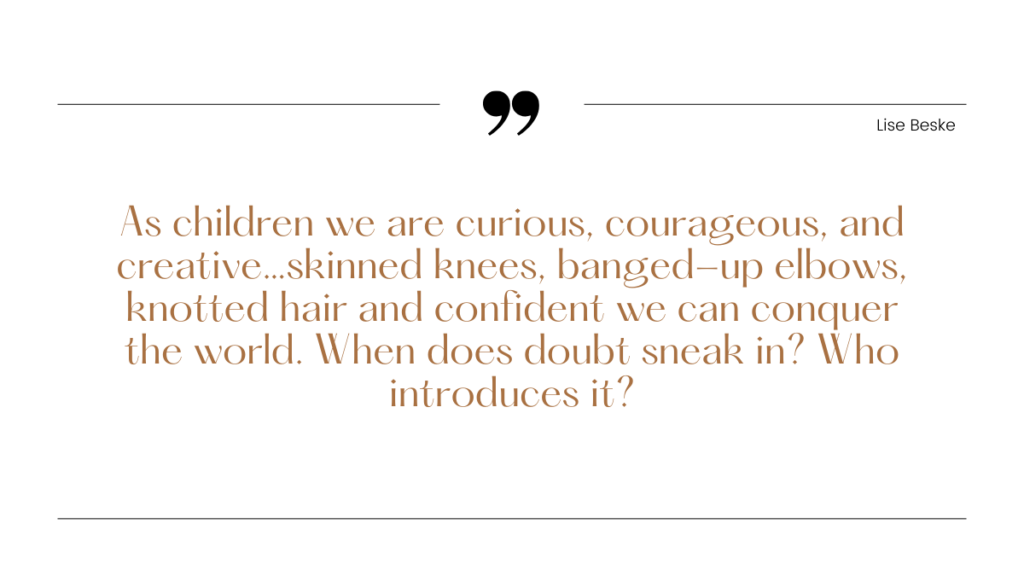
Perhaps, it starts by going for a walk.
The anxiety of straight A’s doesn’t end when one clerks for a Supreme Court justice. It can also play out in the next generation. Her third child followed two siblings “who checked all the boxes.” Third in line and trying to meet an unspoken and unintentional standard, he faltered. And whenever he did, his mother tried to fix things.
Lise: He would slam a door, and I would open a window.
A bumpy ride through high school culminating in a COVID graduation parade catapulted the third Beske to the Kenyon College campus for the 2020-2021 academic year. By October of 2021 Lise and her husband were driving him home from Gambier, OH. “It wasn’t going to take.” His parents gave him until the end of the calendar year to figure out what was next. “It has to be something,” they told him.
I can only imagine the sleepless nights and tear stained pillows in the weeks and months that followed. Lise had no template for this. No script to follow. No fix. The helplessness and worry is palpable. She had been waiting for the other shoe to drop for much of her life and when it finally did, it dropped in the life of her son.
Lise: We had no exit strategy at that point other than we knew it had to be something and we didn’t know what. What were we going to do if he didn’t have anything? I mean, what do you do? Literally. What do you do? It was terrifying. And what if he picked something and then what do you do if he can’t do it?
You can hear Lise spiraling even as she recounts the experience. As a mom, I am living it vicariously. As an empath, my own chest heaves with anxiety. What do you do with this immense feeling of helplessness?
You love them. You trust them. You give yourself grace.
While his older siblings graduated from Georgetown and Duke Universities respectively and his parents are both Princeton graduates, Christian might very well have the coolest career of them all as a cyber security expert for the United States Navy. His graduation was one of the proudest days of Lise’s life. And since then, “he just keeps killing it…” qualifying for successive, more challenging rounds of schooling and ultimately landing at Ft. Meade.
Lise: I feel like the luckiest person because of where we were. When I retell this, I still can’t believe we’re here with that kid. I’m so proud, yet I’m also filled with disbelief because it was hard. I mean, so many, so many tears shed for him, so many prayers, honestly. Look at me opening windows all the time. It wasn’t until I stopped that my son found his way.
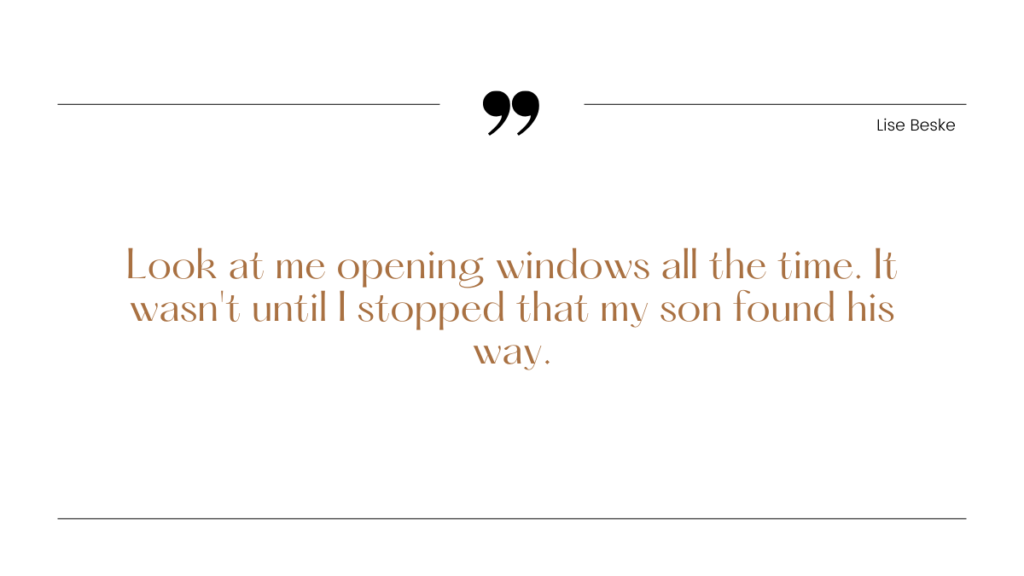
He was grasping at straws, one might say, and look at the tremendous success he saw that challenge as an opportunity. Sounds a lot like his mom to me.
I shared a wall with Lise for a year and yet I was meeting her for the first time as we left our footprints behind in the sand. If the cumulation of these walks offers nothing more than my opportunity to better see someone whose path has crossed mine, then every step has value. If these blogs might also allow someone to see themselves with a bit more grace, I would deem this a worthy pursuit.

